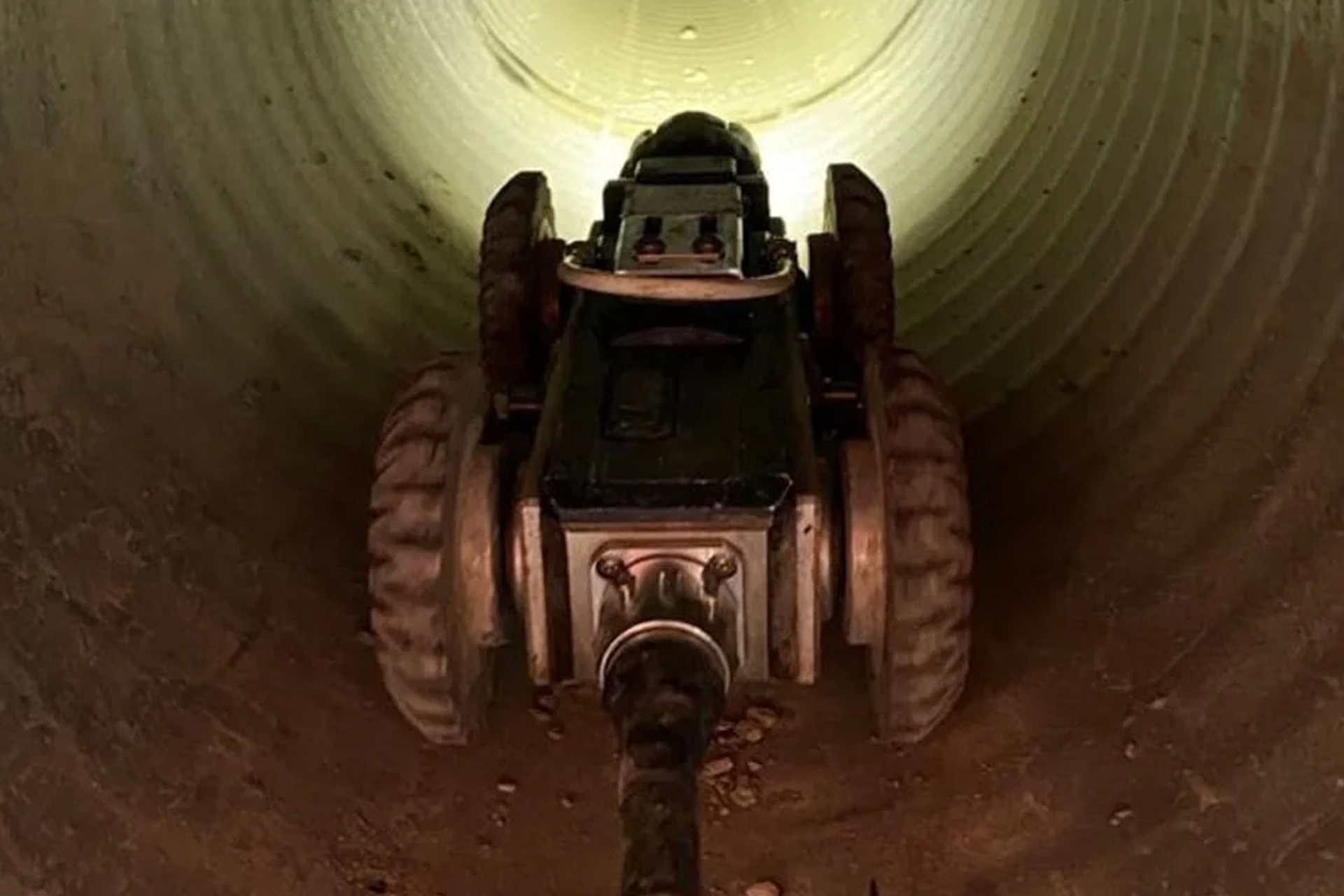Reclaim Waste - The Facts
Reclaim Waste - The Facts
Blog Article
Fascination About Reclaim Waste
Table of ContentsWhat Does Reclaim Waste Mean?The 8-Minute Rule for Reclaim WasteHow Reclaim Waste can Save You Time, Stress, and Money.Reclaim Waste Things To Know Before You Get ThisReclaim Waste for BeginnersThe Best Strategy To Use For Reclaim Waste

Never place dangerous compounds down sinks, bathrooms or stormwater drains Substances including petrol, grease, oil, chemicals and herbicides, and solvents such as paint strippers need to not be poured down sinks, bathrooms or stormwater drains. These substances are challenging to get rid of in the sewer therapy process and create air pollution troubles in our local rivers.

Although fluid waste is a term that covers a broad range of materials, there's a good reason leaving its disposal to the professionals is advised. Fluid waste is non-solid product that has no additional use and has to be dealt with and dealt with according to regional, state and government guidelines.
Reclaim Waste for Dummies
Instances of liquid waste can include wastewater, fats, oils or oil, utilized oil, liquids, solids, gases or sludges and harmful household fluids, there are some that are considered to be more unsafe than others when it comes to the atmosphere and the wellness of animals and humans alike. It's consequently that each state and area have rigorous regulations linked to liquid waste monitoring.
Fluid waste can be kept in holding storage tanks or packaged in drums, intermediate bulk containers or accepted tiny containers prior to either being treated or removed via outsourced vacuum trucks. Provided the nature of the materials, liquid waste can not enter the basic waste stream and there are strict regulations on just how to take care of it correctly.
(https://www.domestika.org/en/reclaimwaste1)Relying on a resolution of the level of risk, it might be necessary to remediate those websites. In enhancement, unsafe fluid chemical wastes are managed waste and should be tracked in conformity with the state waste legislation. Under the chain of custody and obligations, proprietors are responsible and responsible for waste generated by a company.
Among the core applications for superabsorbent polymers (SAPs) is fluid waste solidification. liquid waste removal. SAPs are made use of by waste management professionals to avoid potentially hazardous fluids from getting in waterways, groundwater aquifers, and various other sensitive atmospheres. Because liquids can quickly transfer impurities right into environmental receptors and possibly add to geotechnical failings, liquid wastes are often banned from disposal in landfills
The Definitive Guide for Reclaim Waste
Essentially, free fluids are fluids that separate from the strong section of waste product. Liquid waste can include the following: HDD mud and cuttings Land fill leachate Wastewater therapy sludge & biosolids Dredged debris Oil and gas drill cuttings Resolving fish pond muck Hydro Excavation slurry Coal burning residuals/ash Tank bottom sludge Concrete grinding/polishing slurry Relevant Short article: For a practical instance of free fluids separating from waste material, think about the following situation: A waste monitoring professional lots a dump vehicle with sludge from a wastewater treatment plant's aeration basin, throughout a regular maintenance event.
Nonetheless, when the driver reaches the landfill, he notices water leaching from the sludge and putting from the dump truck. The load was turned down by the land fill and the driver was forced to get rid of the waste as a fluid waste at a special facility, which enhanced the disposal charges significantly.
The globe is drowning in rubbish and we can't pay for to be untrustworthy any longer. We have to act and recycle whatever we can anywhere we can. We likewise require to be in charge of the appropriate disposal of our waste products. It is not enough that we pay waste disposal firms to take treatment of our rubbish.
The Ultimate Guide To Reclaim Waste

Segregating your waste can start inside the home. Segregate dry and liquid waste as well as edible waste, eco-friendly and non-biodegradable materials.
You can make top article use of old garbage can, bucket, garden pot or old plastic drums. Drill 4 to five openings in the container so the air can distribute. Layer the bottom with soil to soak up the wet waste. Beginning the composting process. Layer the garden compost with damp and completely dry waste as well as dirt to preserve an equilibrium between the damp and the completely dry.
Some Ideas on Reclaim Waste You Should Know
To help with faster decomposition, you can additionally include semi composted dirt to the compost. If you see the odor is becoming too solid, include extra newspapers and paper waste or include even more openings to the garden compost bin to maintain the balance of the waste materials.
We also need to be responsible for the correct disposal of our waste materials. It is not sufficient that we pay waste disposal business to take care of our rubbish.
Our waste, our obligation. Have you ever questioned what happens to your fluid waste after it's gathered? Did you understand that fluid waste can be recycled?
Reclaim Waste - The Facts
Segregating your waste can start inside the home. Segregate completely dry and liquid waste as well as edible waste, naturally degradable and non-biodegradable materials.
Layer the base with dirt to take in the wet waste - industrial wastewater treatment. Layer the compost with wet and completely dry waste as well as soil to preserve a balance in between the wet and the completely dry.
Cover the compost container. As soon as a week, include dirt in addition to the compost. To assist in faster decay, you can also add semi composted soil to the garden compost. Maintain the garden compost. If you discover the scent is coming to be as well strong, include added newspapers and paper waste or include more holes to the compost container to maintain the balance of the waste materials.
Report this page